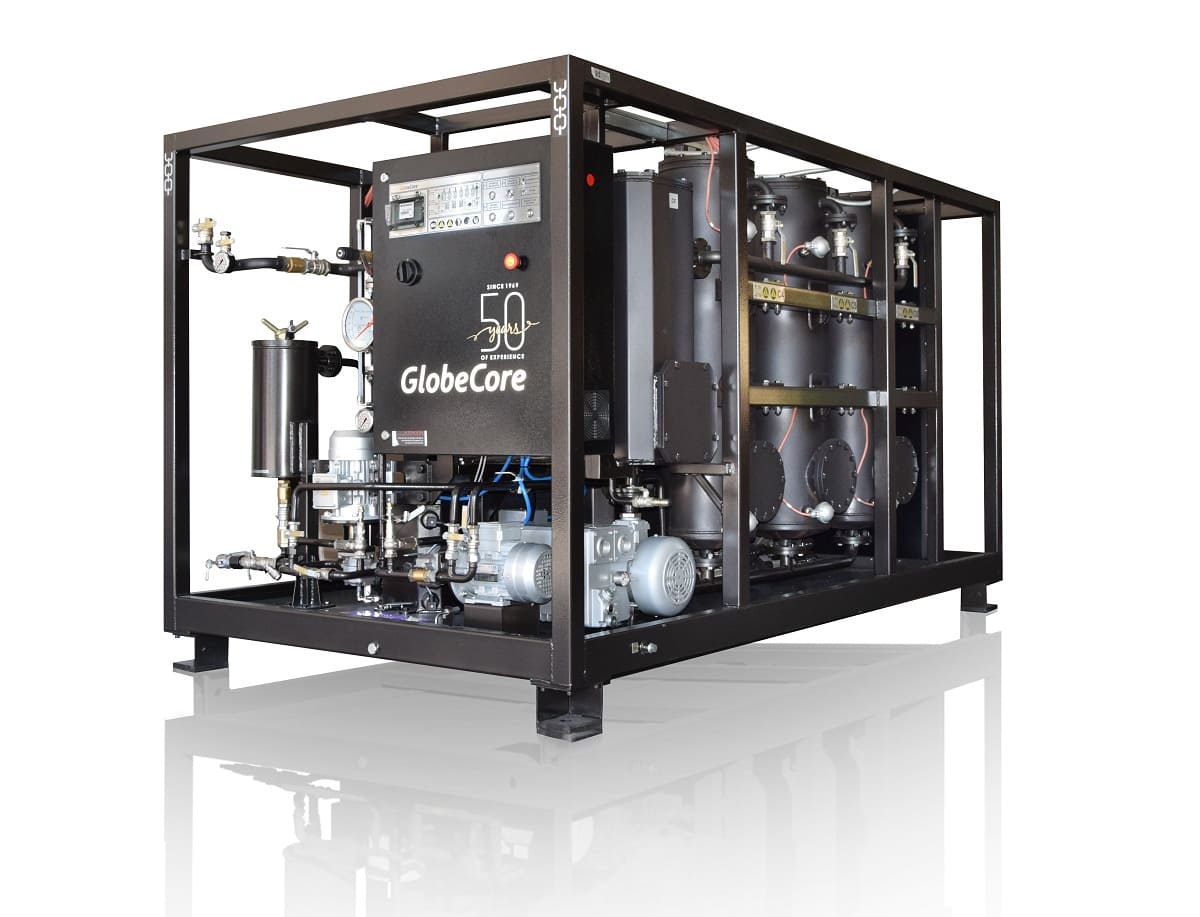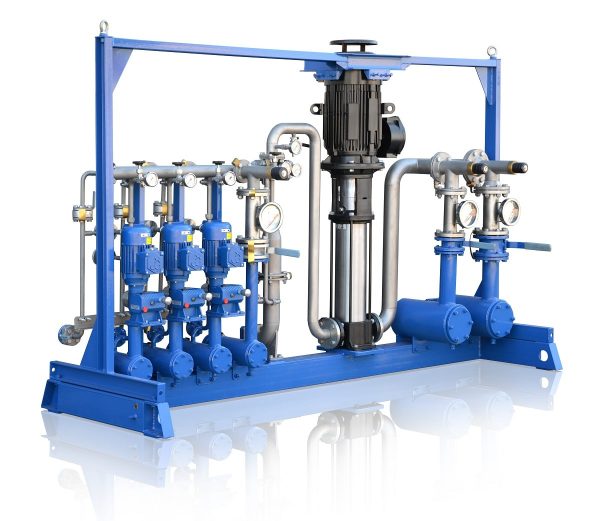Fuel oil polishing is a procedure that is used when we want to improve the quality of such fuel. Below we will look at the specifics of fuel oil production, equipment for improving its quality and equipment for producing water-fuel emulsions.
Crude oil is a complex mixture of compounds that primarily consists of carbon and hydrogen elements. At oil refineries, this mixture of molecules is separated by distillation to different boiling ranges. This is how diesel, fuel oil, jet fuel, and kerosene are produced.
Application of water fuel emulsion based on fuel oil
Consumers choose fuel oil due to its energy efficiency and price. In addition, it is the best option in locations where it is difficult to ensure continuous supply of solid fuel.
For use at boiler facilities, in order to reduce harmful emissions and save non-renewable сrude oil resources, it is advisable to mix fuel oil with water for obtaining and more efficient burning of water-fuel emulsion.
However, in order to keep the optimal efficiency factor of boiler units at a required level and maintain stable combustion, water droplets in fuel should be evenly distributed in finely dispersed form throughout the volume, which is difficult to achieve by conventional methods of mechanical mixing.
GlobeCore has developed an ultrasonic hydrodynamic cavitation mixing technology which is implemented by means of USB fuel oil blending system. This equipment allows mixing from two to six ingredients in stream at a capacity of up to 100 cubic meters per hour. Breakdown-resistant finely dispersed water-fuel emulsions with optimal characteristics for use in boiler units are obtained at the outlet.
Fuel oil as diesel fuel
Despite their different uses, diesel and dark-colored fuel oil have a lot in common. The difference that dark-colored fuel oil is subjected to less processing, has a higher viscosity and contains more impurities, but along with this, it is more affordable in price. And, if desired, its quality can be improved to the state of diesel fuel.
The companies that know how to convert cheap fuel oil into diesel fuel ensure a stable profit for themselves: since fuel oil has its own seasonality and not as wide scope of application, so in order to avoid taking up space for storage, it can be processed into a more expensive and more demanded product.
Fuel oil before (left) and after (right) polishing
Fuel oil polishing system
There are several approaches to fuel oil polishing. Physical, chemical, and physicochemical methods, as well as various combinations of equipment are used, which is not very convenient. In order facilitate this process, GlobeCore professionals have developed CMM-R fuel oil polishing systems. These systems ensure polishing and clarification of dark-colored fuel oil and remove sulfur and hydrogen sulfide compounds. This is done with the use of columns filled with adsorbent. The number of columns depends on the customer preferences and determines the capacities of a fuel oil polishing system: the greater the number of columns, the higher the capacity. After passing through the columns, fuel oil impurities are retained in sorbent granules owing to which a purified and clarified product is obtained without unpleasant odors and traces of sulfur, which corresponds to diesel fuel by characteristics and can be sold at a higher price.
At the same time, the fuel oil polishing system owner does not need to constantly worry about change of sorbent. The system implements a reactivation mode that allows reclaiming the properties of sorbent up to 500–600 times without removing it from the columns.
In addition, СMM-R fuel oil polishing systems are multipurpose and can process other types of petroleum products — diesel fuel and industrial oils without additional readjustment.
And how do you address the task of dark-colored fuel oil polishing?



 CMM-6RL dark heating ...
CMM-6RL dark heating ... USB-1 Fuel oil ...
USB-1 Fuel oil ...